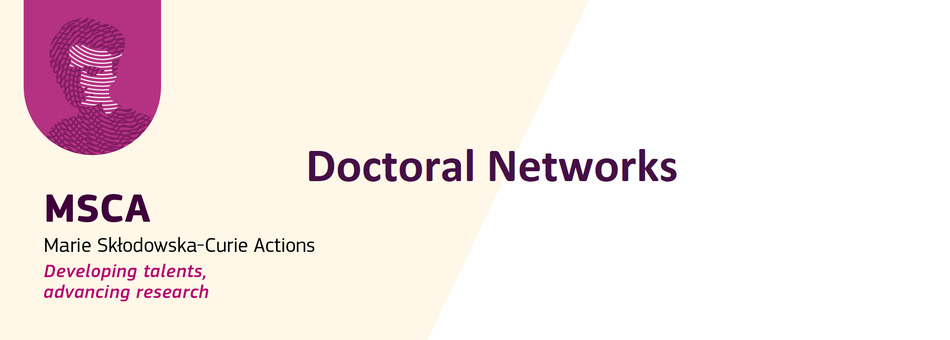Expected Outcome:
Implementing a consistent circularity along the electric vehicle (EV) value chain and life cycle (in particular for mass produced Light Duty vehicles but with potential learning for other types of applications) will be a significant factor to reach the goals defined in the European Green Deal.
Project results are expected to contribute to all the following outcomes:
- Increasing the degree of circularity of EVs, thus reducing their environmental footprint over the full life cycle. Specific circular design approaches are needed in particular for some light-weighting materials (recycling of fibre reinforced materials and advanced steel, aluminium and magnesium alloys), reuse and recycling technologies for new types of components (traction motors, electronic components, wire bundles, etc. ) and improved post shredder technologies supporting higher recovery of critical raw materials.
- Increasing the awareness and acceptability of circular economy and Life Cycle Assessment (LCA) based design of innovative zero-emission solutions for the clean road transport challenge.
- Contributing to a harmonised way of measuring the circularity of the economy in the automotive industry.
- Demonstrating the potential of these actions by delivering a circular car prototype (test bench ready) aiming at 0% virgin material use by mass for all vehicle components except cells, e-machines and electronics.
- Accelerating the transformation of Europe towards being the first digitally enabled, circular, climate-neutral and sustainable economy.
- Improving markets for secondary raw materials and facilitate higher uses of recycled content of plastics, glass and possibly REEs in the automotive supply chain.
- Contributing to Europe’s world leadership in automotive innovation, production and services through increasing skills with circular economy techniques and accelerating the uptake of innovative circular economy-based solutions for EV, reducing the dependency on critical raw materials via the consistent recovery and use of secondary materials.
Scope:
The objective will be to demonstrate the feasibility of circular economy (CE) and net-zero approaches for the EV value chain over its full lifetime (cradle to cradle). The proposed activities should focus on vehicle production (design, manufacturing and assembly), maintenance, repair and End-of-Life (EoL). Additionally, LCA-based vehicle concepts, their related resource and energy efficient manufacturing and CE consistent EoL strategies should be shown.
Proposals are expected to address all the following EV-related research activities:
- Developing an appropriate set of technologies, from production (design, manufacturing and assembly) until End-of-Life and demonstrating their feasibility on vehicle level over the full life cycle by means of prototypical manufactured components ready for test benches verifications. This includes a re-design of components for circularity.
- Assessing the potential for high value and/or energy or rare material content components to be refurbished and reused in new vehicles or as spares.
- Enhancing digital tools enabling a higher degree of circularity along the automotive value chain, e. g. supporting circular design and development, manufacturing or to track materials, their use and the EoL.
- The impact of maintenance and repair technologies and operational strategies will be developed or adapted to ensure a higher degree of circularity compared to existing practices in the passenger car industry.
- Deriving a concept for measuring and assessing the circularity of EV solutions as well as for ensuring a sufficient exchange of information along the automotive supply chain applying FAIR principles[1].
- Concepts for training and increasing the required skills in the automotive industry regarding CE.
- A digital twin of the demonstrator should be used to assess various scenarios, including the exclusive use of recycled or bio-based materials and for the assessment of KPIs.
The research activities are expected to apply the findings of vehicle level LCA methodology developed by the CSA funded under HORIZON-CL5-2021-D5-01-04 as far as they are available. International cooperation addressing requirements of and the impact on global supply chains is encouraged.
This topic implements the co-programmed European Partnership on ‘Towards zero emission road transport’ (2ZERO). As such, projects resulting from this topic will be expected to report on the results to the European Partnership ‘Towards zero emission road transport’ (2ZERO) in support of the monitoring of its KPIs.
[1] Final Report and Action Plan from the European Commission Expert Group on FAIR Data, “TURNING FAIR INTO REALITY” - https://ec.europa.eu/info/sites/info/files/turning_fair_into_reality_0…





